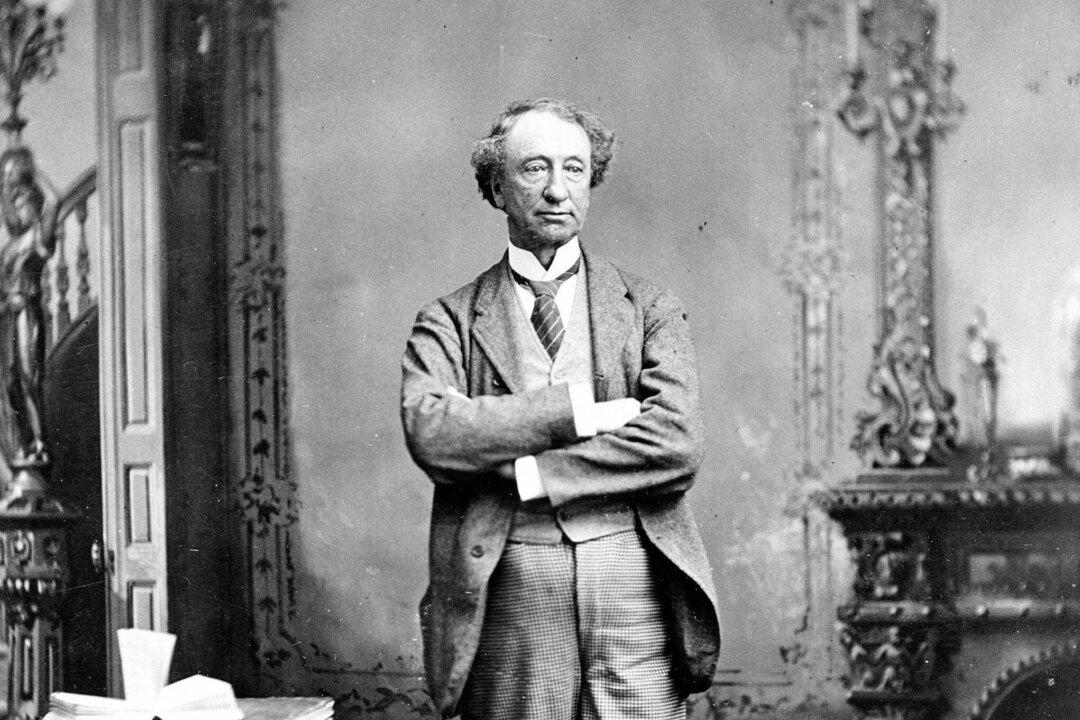A Toronto man has lost $12,000 to a cryptocurrency scam that involved a “deepfake” video of Prime Minister Justin Trudeau, a mistake that he says has robbed him of his life savings.
Stephen Henry saw a YouTube video last November that he thought was real because it appeared to be endorsed by the Liberal leader.





